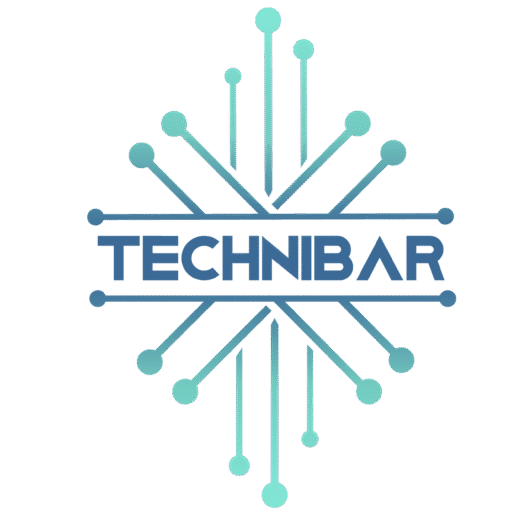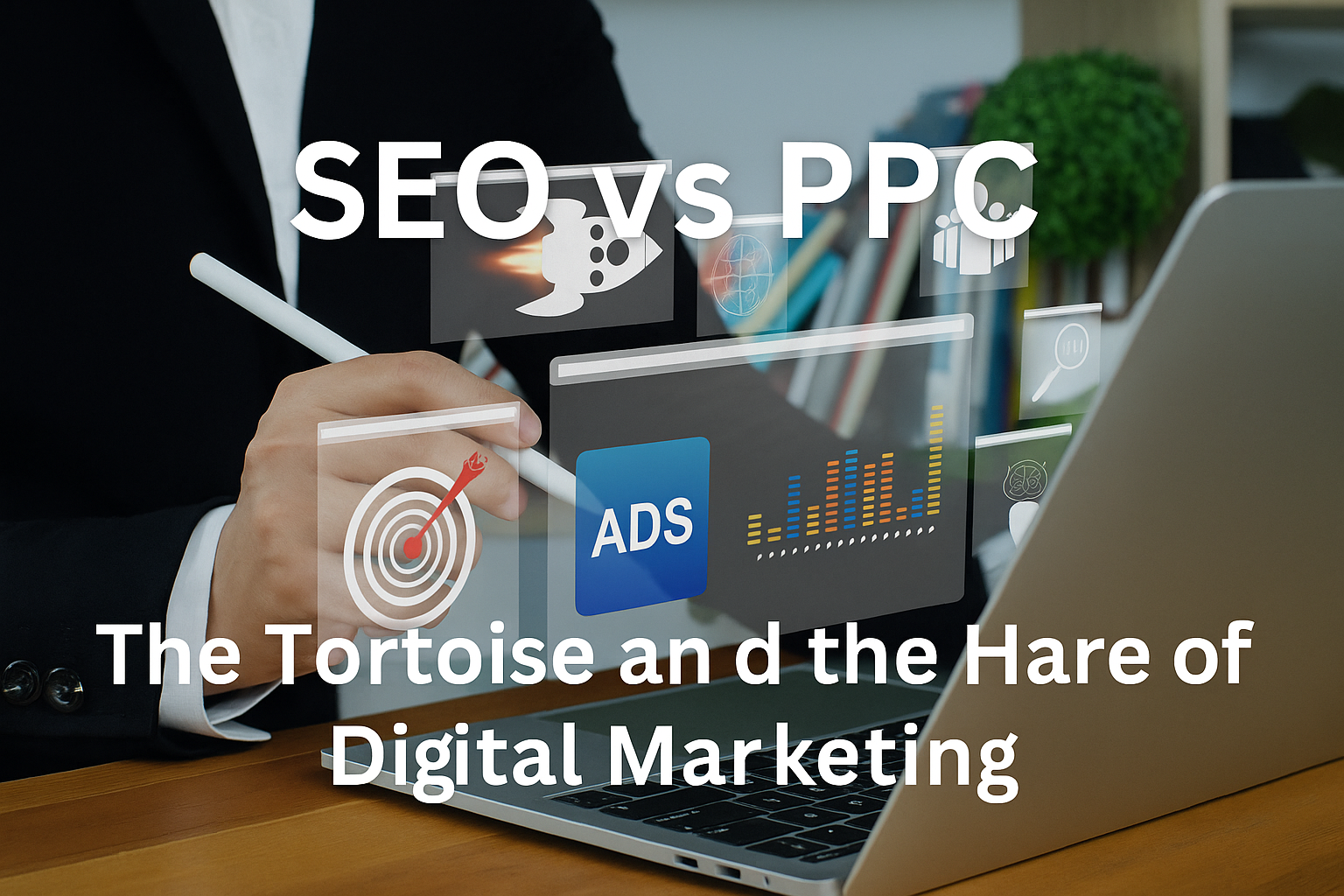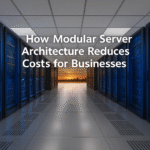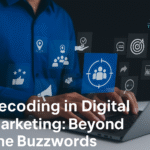The lifeline in contemporary b2b digital marketing is search engine visibility. Each day businesses are striving to draw the interest of potential customers using two key channels, which are dominant, namely SEO and PPC . They both are vital in driving traffic, leads, and conversions, however, they work opposite to each other. The question of SEO versus PPC usually boils down to cost, long term gain, and the capacity to scale. Yet the fact is that the two strategies are not foes-they are complementary forces that together can make a potent engine of growth.
What is SEO?
SEO (Search Engine Optimization) refers to the act of enhancing the visibility of a site in free search results with search engine websites such as Google, Bing and Yahoo. The goal is to maximize content, structure, and authority clues in an effort to have the search engines rank the site higher in relevant queries.It consists of a few key components, namely, on-page optimization such as keywords, titles, meta descriptions, internal linking, and user experience, off-page optimization such as backlinks, social signals, and activity to develop authority, technical optimization such as site speed, mobile-friendliness, crawlability, and architecture, and an effective content strategy that involves the creation of valuable, relevant, and engaging content that meets user intent. Unlike PPC, SEO is not a one-solution therapy, it is a long process that requires time, recycling and consistent improvement.. Nevertheless, when good rankings are attained, there can be steady flow of organic traffic at minimal or no continued expenses.
What is PPC?
Pay-Per-Click (PPC) is a form of paid advertising in which a given company is charged a per-Click fee whenever a customer clicks their advertisement. Google Ads is the most popular, though there are also other popular platforms such as Bing Ads, social media as well as display networks. The effectiveness of PPC campaigns relies on several factors, including bidding on the keywords so that the ads appear in the related searches, writing catchy ad copy, which includes strong calls-to-action, creating streamlined landing pages leading to conversions, and the use of targeting tools like demographics, location, device and remarketing. PPC offers quick exposure at the top of a search engine and ensures a measurable performance, hence, a useful tool of a company to obtain immediate outcomes. However, it can also come out as being costly in the long-run, and in comparison to SEO, the traffic stops immediately and the ad expenditure is avoided.
SEO vs PPC: Key Differences
Although both SEO and PPC focus on attracting the users by search engines, they work in different ways depending on cost, sustainability and effectiveness.
- Cost structure: SEO demands one to put in effort and invest in content, optimization, and building of links initially, whereas PPC demands ongoing expenses of each click.
- Time to results: SEO will need months to gain force, PPC will deliver results as soon as moves become active.
- Sustainability: SEO traffic can be comforted as long as it is likely; PPC traffic stops as soon as the budgets run out.
- Credibility: The users can trust organic results more and the adverts can be ignored or evaded.
- Control: PPC provides more control over the placement, targeting of the audience and timing compared to SEO which relies on the search engine algorithm.
Interaction Between SEO and PPC in Search Engines
The area of search engines is a very competitive environment in which both search engine optimization and pay-per-certificate contend. As an example, on Google, the PPC ads typically appear just on the top of the search results page, with the organic results coming after them. An organization that has made the investments in both strategies tends to own more of the page- space, – building both visibility and credibility.
Interestingly, statistics indicate that where a brand is ranked in paid as well as in organic search results, the click-through rates (CTR) increase by a large margin. This communication creates trust and offers the user many avenues to connect with the brand.
Interesting Organic vs Paid Search Statistics
Recent statistics are pointing at the unique advantages of both organic and paid search. BrightEdge (2023) claims that 53 percent of all traffic to websites is organic and 27 percent stemming from paid search. Google states that brand awareness can increase up to 80 even when the users do not click any paid ads. Nonetheless, users are more likely to believe organic results, 70-80 percent of clicks are directed to organic listings, as opposed to only 20-30 percent of paid advertisements. Meanwhile, PPC demonstrates its worthiness in profitability as companies make an average profit of 2 dollars every dollar invested in Google Ads. Moreover, the quality of leads generated by SEO is high since the close rate of SEO is 14.6% versus 1.7% in the case of outbound leads (Search Engine Journal). In addition, SEO generates high quality leads because the close rate of SEO is 14.6% compared to outbound leads 1.7% (Search Engine Journal). All these numbers help to underline the necessity of having a moderate solution to both SEO and PPC rather than employing either of them.
SEO vs PPC: Which is Better?
SEO vs PPC-who is the best? There is no single answer to has, since the answer is mostly subject to business objectives, budget, and schedule. SEO is the most appropriate option when a company aims to achieve growth that is long-term and sustainable, have increased credibility, and have a lower cost per acquisition, whereas PPC is appropriate in cases when a company needs the immediate traffic or want to test the new markets as quickly as possible or when the company requires the precision in its targeting. To achieve the greatest effect, most companies prefer investing in both tools, employing SEO to create a sustainable authority and PPC to achieve immediate presence, which is to ensure that they attract users on all levels of the decision-making process. Such a hybrid strategy, which involves the use of both durability of SEO and PPC, to achieve steady growth and ROI, tends to be the most successful in most cases.
How SEO and PPC Work Together?
Though both SEO and PPC are usually viewed as different strategies, they are even more effective when combined. Kw insights gained through PPC campaigns are best used to reinforce SEO content strategy, and ads are an ideal testing ground to titles, calls-to-action, and messaging before committing such to long-term optimization. The combination of the two ensures greater coverage of the high value keywords, with the rankings being driven by SEO and the competitive gaps being addressed through PPC. Also, PPC has the ability to remarket to those who may have found a brand during organic search and this is to strengthen visibility and keep the brand in mind. The higher the two are displayed together in search engines, the better the chances of increased click-through as the user can have greater confidence in interacting with a brand that takes up both paid and organic positions.
Integrating SEO and PPC Data Has Never Been More Important
Data-driven decision-making is the key in the modern competitive environment. Companies that combine both SEO and PPC information acquire the full picture regarding the customer behavior, their search engine inquiries, and their conversion routes.
- SEO analytics provide information on long-term trends, keyword performance, and performance in the organic section.
- The PPC data gives real-time information regarding the conversion rates, ad performance, and ROI.
With these data sets combined, companies can streamline their overall funnel, allocate better budgets, and locate keywords that produce the most success in both mediums. As an example, when a keyword incurs high PPC charges but is appearing well in the organic ranking, a redirection in funds can be the best to maximize ROI. On the other hand, PPC can be used to bridge the gaps in visibility that have been caused by the competitive keywords on which the organic ranking is challenging.
Conclusion
The SEO vs PPC debate is not about the winner taking all the marbles but rather knowing the strengths of both and how to use both. SEO has long-term power, long-term growth, and low costs, whereas PPC has immediate results, accuracy, and campaigns that can be scaled.
The cleverest companies do not consider them as competitors but as partners. When SEO and PPC are used together, the outcome will be increased visibility, improved customer insights and higher bottom line. The importance of combining SEO and PPC data has never been so significant in the era when search engines become the gatekeepers of online visibility.
Be it a startup with a small budget or an enterprise looking to dominate, the final game is not SEO vs PPC but it is SEO and PPC, together at work to drive long-term success.
FAQS:
Is SEO cheaper than PPC?
During the long term, SEO is usually cheaper since once the rankings are achieved, the traffic is obtained at minimal expense. PPC, however, comes at a costly price that has to be paid on a regular basis.
Can SEO replace PPC?
No. Whereas SEO gains long-term authority and credibility, PPC offers short-term outcomes and accuracy in targeting. The two-way talk guarantees a wider coverage and high ROI.
Is SEO or PPC more suitable for small businesses?
SEO tends to be more sustainable and potentially cost-effective to small businesses with low budgets, whereas PPC might be used when time-limited visibility is needed, or when localization should be done, or when a new season is to be promoted.
What is the relation between SEO and PPC?
They work together–PPC offers fast access to keywords and the ability to test, whereas SEO offers long-term credibility and reputation. They combine to optimize traffic, conversions, and brand credibility.
What is the importance of integrating SEO and PPC information?
A combination of data provided by both strategies provides businesses with a complete picture of customer behavior to maximize keywords and targeting and more effectively allocate budgets to achieve greater ROI.










